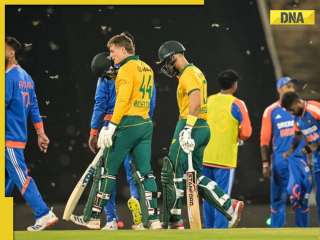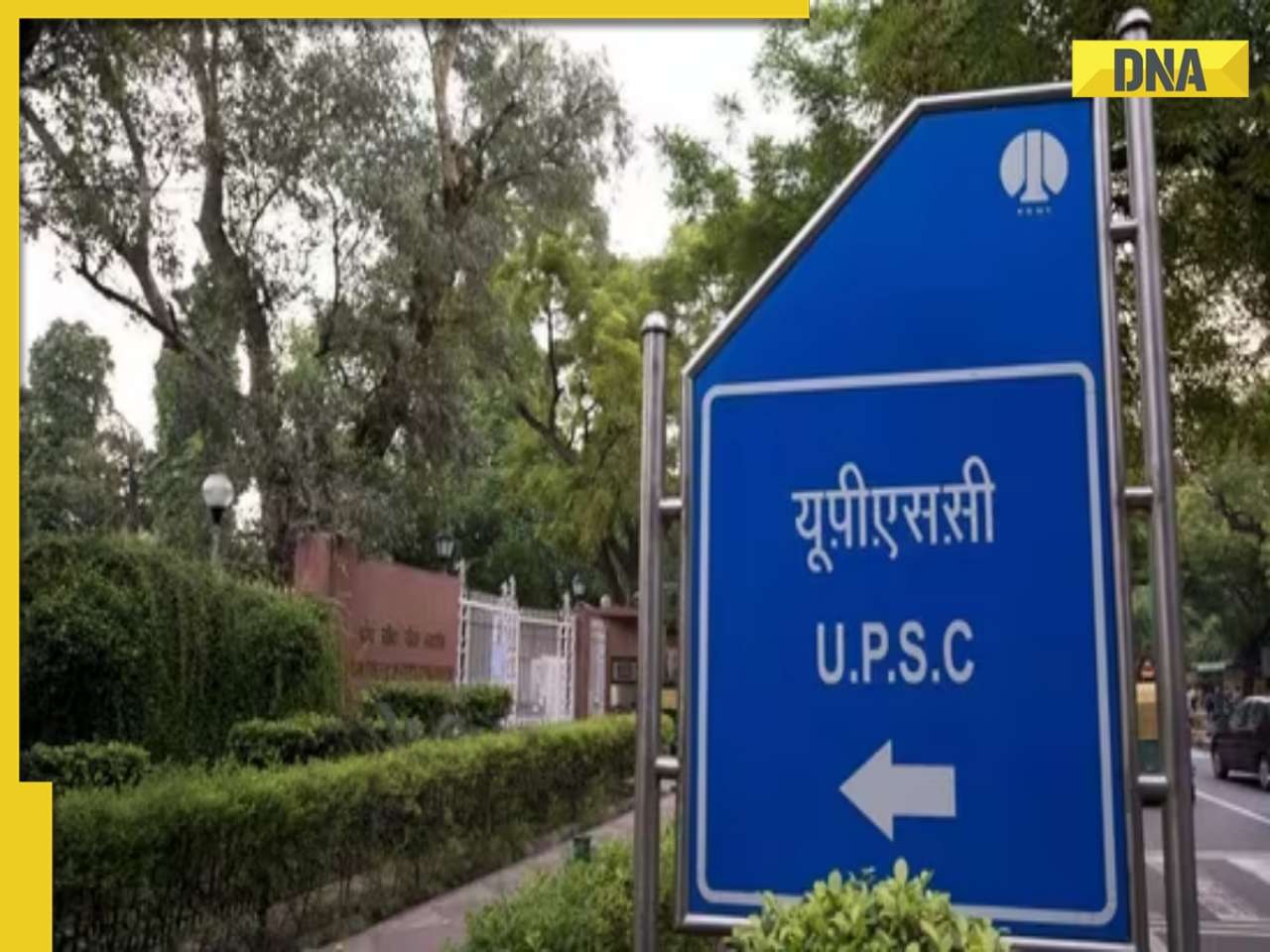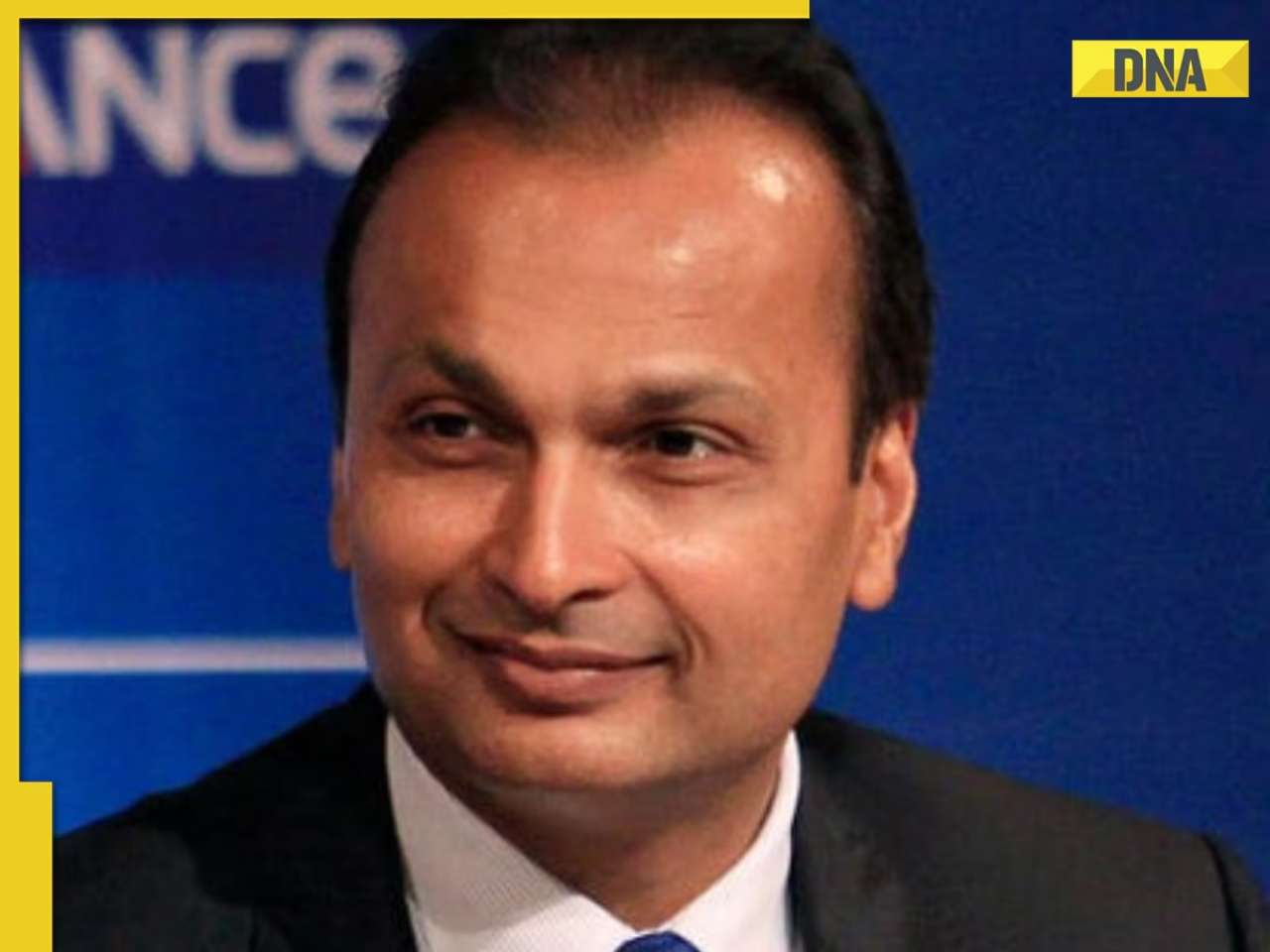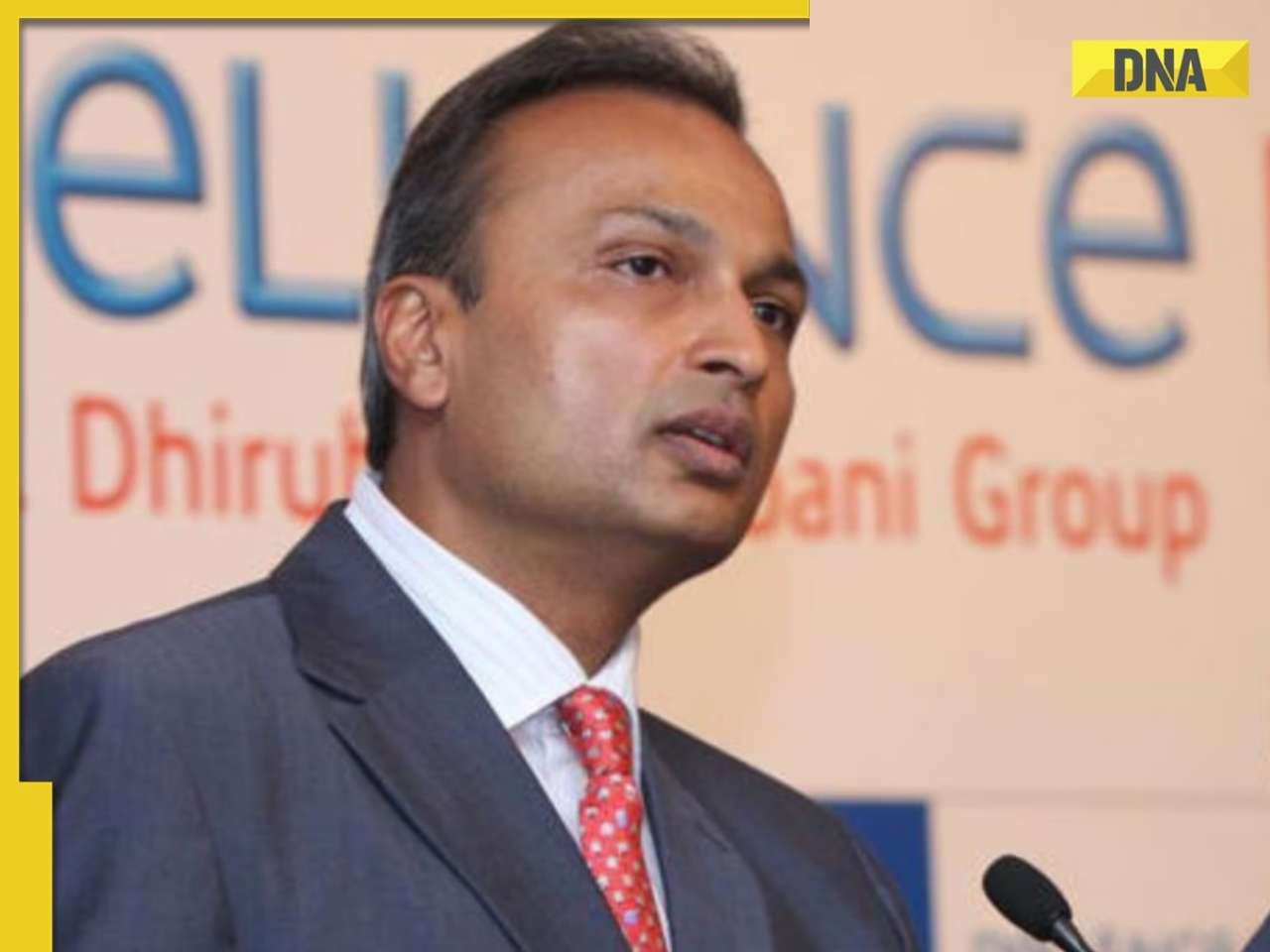- LATEST
- WEBSTORY
- TRENDING
ANALYSIS
E-learning will not revolutionise the education sector
It is becoming increasingly obvious that online education is not likely to revolutionise the education sector and pose any imminent or future threat to mainstream conventional education.
TRENDING NOW
Convenience, cost-effectiveness, content creativity, flexibility, affordability, ease of access, wide-ranging programmes, course choices and world-class curricula and pedagogy are some of the arguments that are advanced to espouse alternative modes of educational delivery, including online education. Many universities across the world, including some of the best in the world, have been working hard to popularise and sell the idea either individually or in a consortium mode. Entities like Coursera, edX, FutureLearn, iversity, NovoEd, Udacity, and a plethora of their kinds have proliferated the market to provide user-friendly platforms and programme offerings through MOOCS, often free of cost to those who just seek to learn, and at a fraction of a cost to those who also seek certification.
Expectedly, India, too, pitched in with its own versions of online educational delivery in the form of National Programme on Technology Enabled Learning (NPTEL), Study Webs for Active-Learning for Young Aspiring Minds (SWAYAM) and SWAYAM PRABHA, which was launched to telecast educational programmes through a bouquet of 32 DTH Channels.
Despite phenomenal growth in enrolments and registrations for MOOCs, the euphoria seems to be waning globally. No one seems to be talking about the avalanche that they had been hoping for, to disrupt the formal and conventional mode of education. In India, too, where MOOCs is yet to take off, the response to the initiatives can at best be described lukewarm, thus casting doubts about their potentials and future success.
Otherwise, why would UGC have had to mandate that all students enrolled in the formal mode must take a fifth of their courses through MOOCs? It seems that history is posed to repeat itself. It may be recalled that earlier efforts at tele-education through INSAT, UGC Higher Education Television Project, Country-wide Classroom, DD Gyan Darshan, etc., have had only a limited success, if not a total failure. It was not only the governmental and government-sponsored initiatives that failed, but many a private, commercial providers that had entered into the tele-education market failed, too.
It is becoming increasingly obvious that online education is not likely to revolutionise the education sector and pose any imminent or future threat to mainstream conventional education. The possibility of it emerging as a substitute to formal education appears bleak, even though the revolution in the information communication technology presented a potent tool for promoting access, equity and quality in education, with ease and at affordable cost. Education is about teaching, learning and research, and teachers have been and are likely to remain at the core of these processes. Technology, particularly the rapid advancements in information communication, machine learning and artificial intelligence, can aid the process significantly and must be harnessed to the fullest. These must be effectively leveraged to better and improve the quality of education. Technology-enabled learning undoubtedly has the potential to add value to the existing process and wherever it has been positioned as such, it has resulted in remarkable accomplishments.
In contrast, the idea of exploiting technology as an instrument of reducing cost, by reducing the requirements of teachers and faculty, has invariably failed to fructify. But, this is not as surprising as it may appear to such proponents. Technology and technology-enabled, teaching-learning processes have never become a substitute to teachers. Technology is indeed an enabler and can improve the quality of teaching-learning processes led by teachers. Invention of textbook publishing, a path-breaking technology that transferred knowledge from the hearts and minds of teachers and scholars in black and white and made them publicly available, did not relegate teachers to irrelevance. Radio broadcast was yet another invention, which made many to believe that it would widen the reach of teachers and thereby further expansion in education, without corresponding the need to enhance faculty resources. So was the case with television.
Online delivery of education, must, therefore, be positioned and popularised as a quality enhancement tool and instrument to further learning, creativity, research, creation and dissemination of knowledge, skill development and capacity-building of the academic community in the formal mode. At the same time, the content so developed could also be opened up and made available as an alternative to those who wish to opt for acquiring their qualifications through online mode, either exclusively, or in a blended mode.
Finally, the argument that online education is cheaper and cost effective to the providers as well as the receiver of the educational programmes is, at best, a fallacy; experience so far suggests that the unit cost of online education being lower than the formal mode of education is only deceptive, as the calculations are made on the basis of registration. The per capita cost skyrockets, the moment one calculates the cost per graduate. However, given its potential to enhance quality and promote excellence, the cost must not deter one from investing in technology.
The future shall belong to such educational institutions, which develop abilities to exploit the newest and emerging technology to create, capture, document and disseminate all the knowledge that is transacted in the formal teaching-learning processes in educational institutions, for these shall be the institutions, which shall be able to provide quality education with ease and advantage.
The writer is the Secretary General, Association of Indian Universities (AIU). Views expressed are personal.
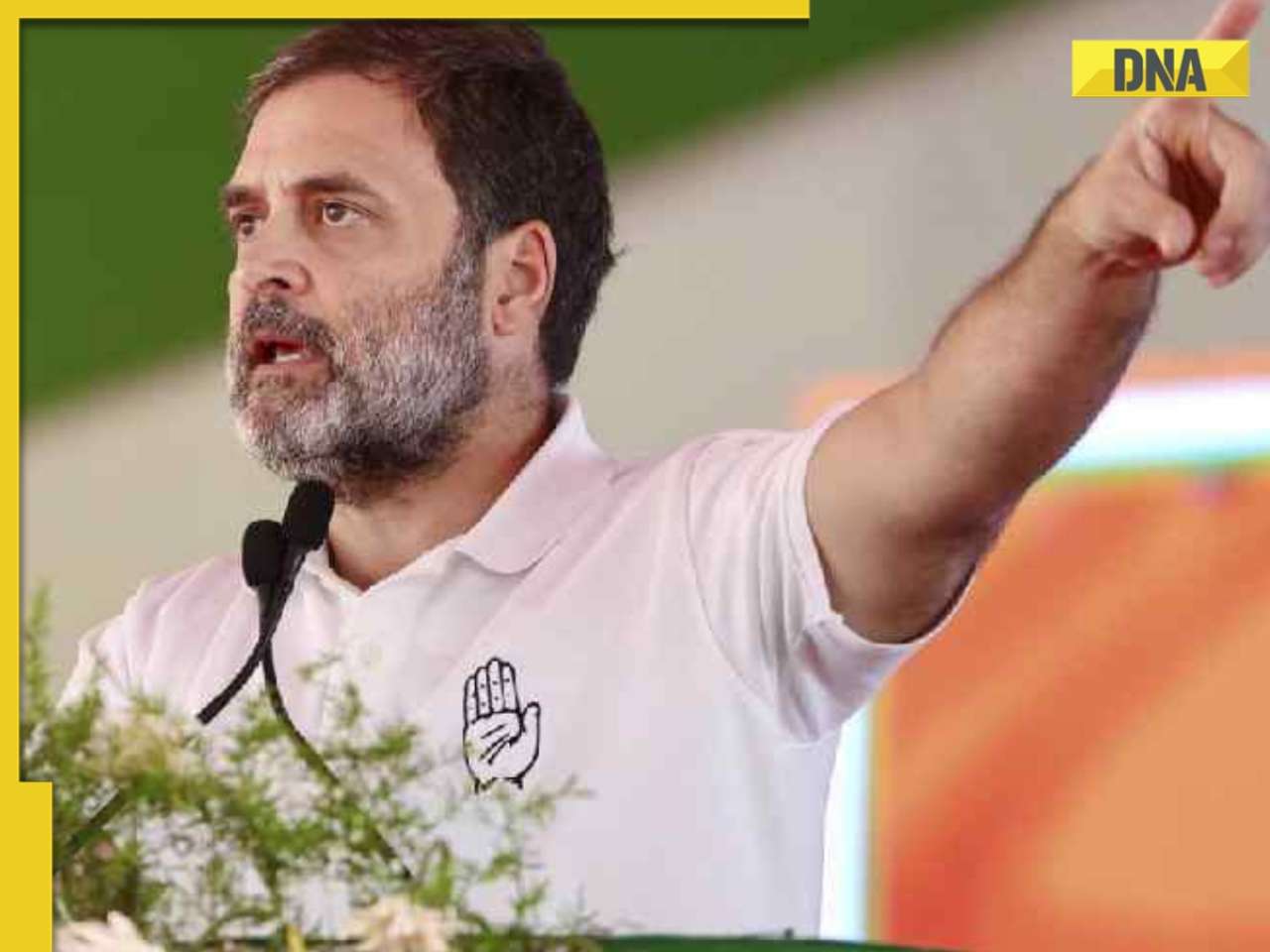






)
)
)
)
)
)
)
)
)
)
)
)
)
)
)
)











